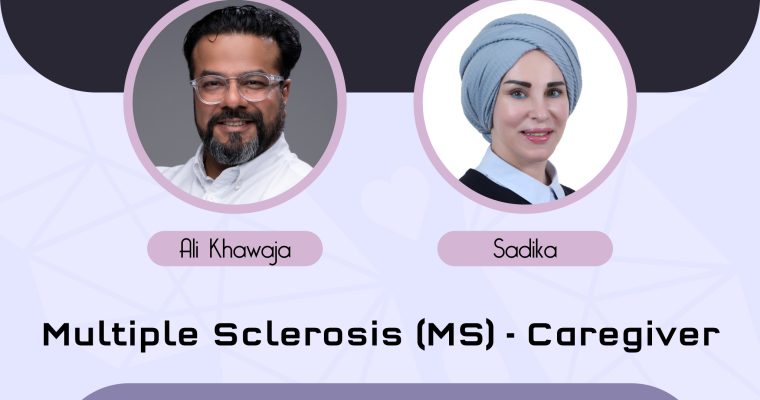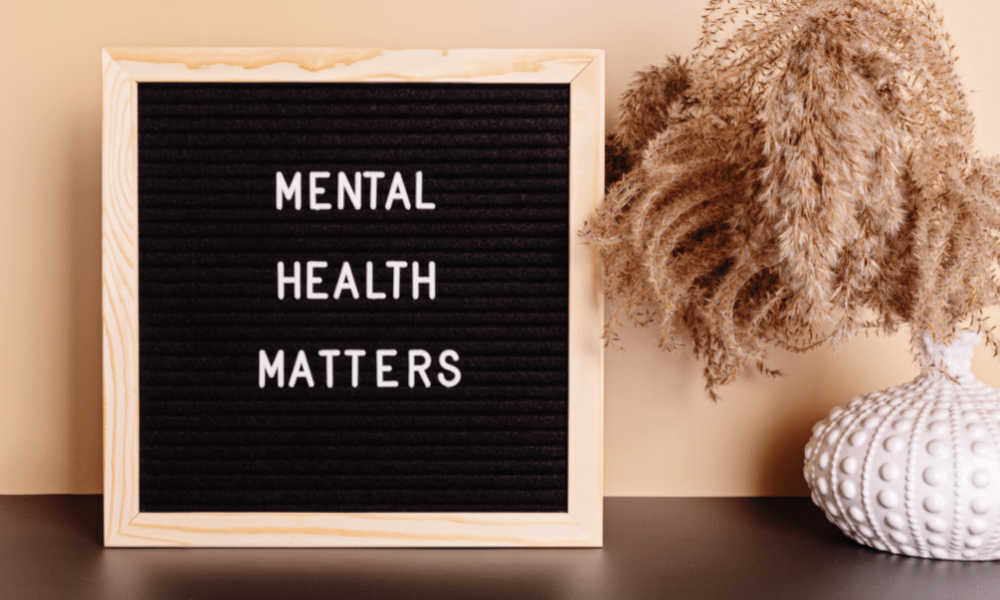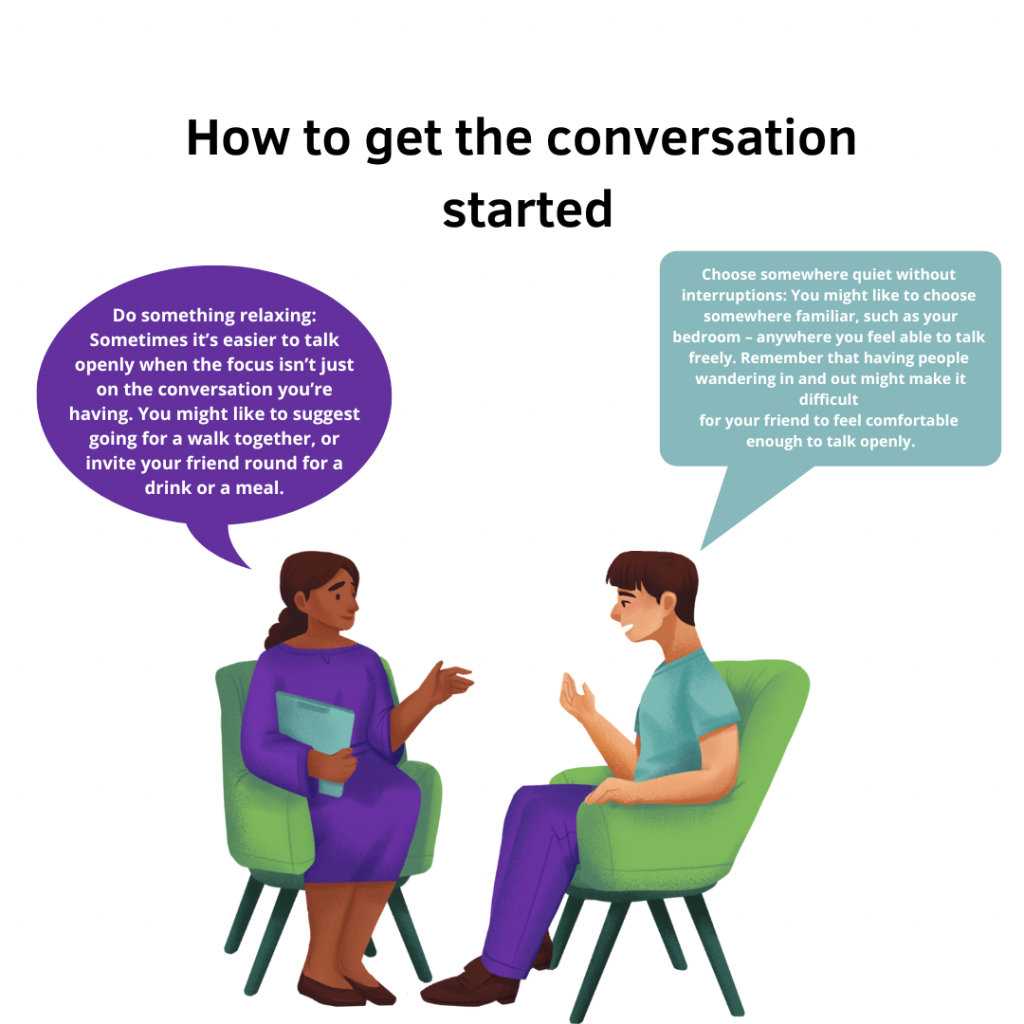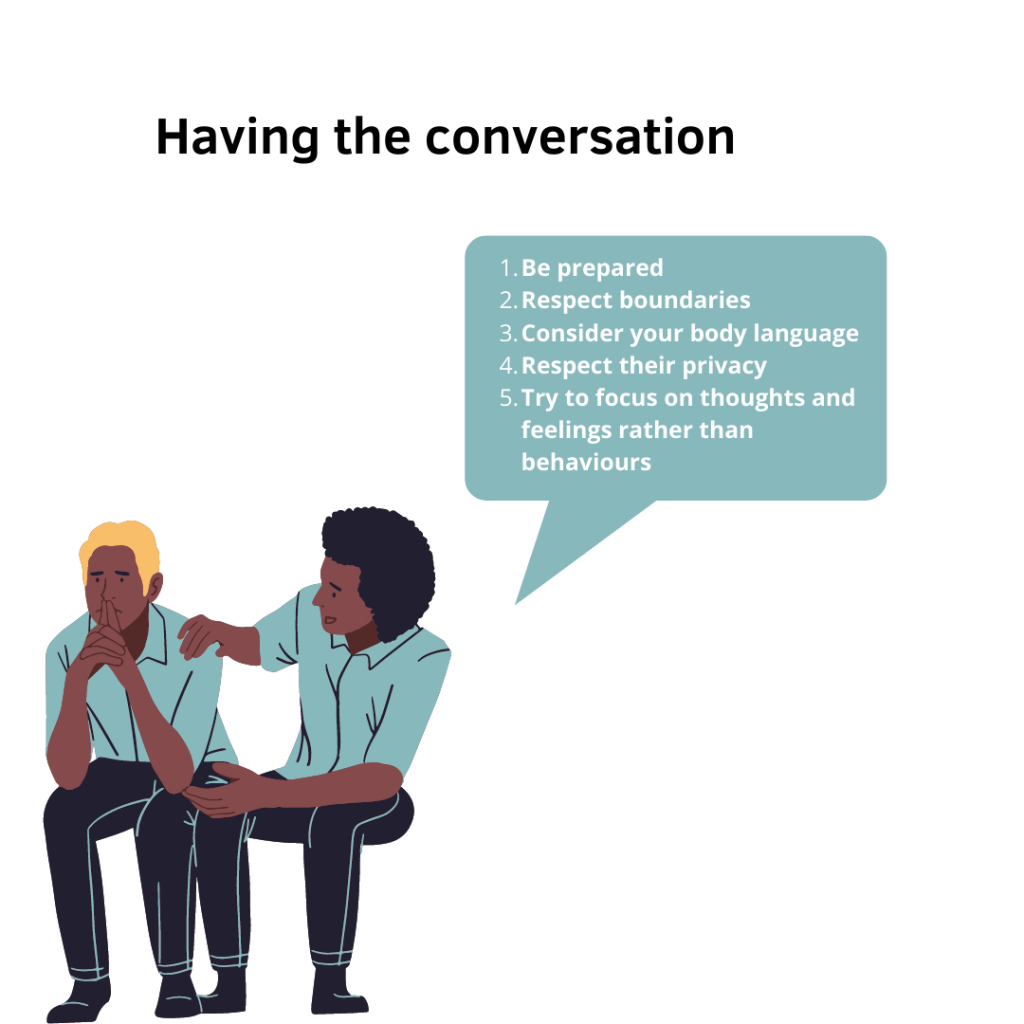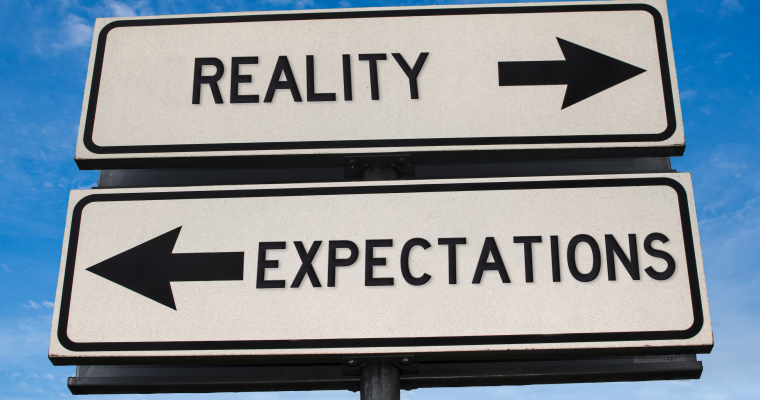The relationship starts to feel weird; you know something is off but you cannot put your finger on it. The magic is gone, and you are desperately trying to hold on to the memories and feelings you used to have when you first met and hope that somehow it will come back.
If you are in a relationship with a narcissist, you may frequently feel angry, confused, or neglected. Keep in mind that narcissistic abuse isn’t always easy to detect. You may feel that you are being overly sensitive and insecure. Narcissists will trivialise and belittle your emotions. It becomes impossible for you to feel seen and validated. Instead you will consistently hear backhanded compliments, put downs, or accusations.
You might even question your own reality and wonder if you’re making this up and you are the “crazy one.” Narcissists may convince you that you are imagining things or deny that certain events happened.
You find yourself constantly walking on eggshells. You are always vigilant and your life is dominated with attempts to appease the abusive partner. You constantly play scenarios in your head, predicting how your partner will react and you often fear saying the wrong thing. Because you are so afraid of their disapproval, you train yourself to avoid confrontation, withdraw or even become mute. After trying all possible ways to save the relationship and get through to your partner, you feel so helpless and frustrated. Every time you feel or show rage, you automatically feel guilty and once again attempt to rescue the situation at the cost of your own peace and sanity. You apologise for things you have not done. In the process you lose your dignity and self respect.
This relationship feels like a drug. You know it is not good for you, but you are so addicted that you cannot stop.
It is impossible to have a reasonable conversation with a narcissist. Somehow your partner always feels right and justified in what they are doing. They may even apologise for their part, however the way they do does not feel authentic or heartfelt. It may sound something like – “You shouldn’t have taken it this way” or “I did that but what you did was much worse”.
Sometimes, when a narcissist feels that you have reached your boiling point and you are ready to walk away, they may offer to attend therapy or even show up with an engagement ring.
Having what you always wanted and hoped for, may feel encouraging at first. You may feel like the relationship is on the right track. Unfortunately, most of the time, the honeymoon phase does not last very long. As soon as narcissist has your attention, they lose interest and revert to the old ways.
One of the indicatives of a narcissistic abuse is control. The need to feel in control equals safety and feeling significant.
When the need for control is jeopardised, narcissists may react in extreme ways to restore their position. This can include threats, intimidations, or punishment. Even though they are the ones who are the perpetrators they will make themselves look like a victim and you – the bad guy.
To maintain the position of power, narcissists may monitor you, ask you lots of questions, ask you where you are going, who you message, who you spend your time with. They restrict your privacy and slowly remove your support system. They may also isolate you from their family and friends which can leave you feeling insignificant.
In the area of intimacy and closeness, narcissists knows what you need and how you would like to be treated and romanced. They will however find a way to withhold the affection from you. They may pretend they forgot about your birthday, refuse to have a heart-to-heart conversations, avoid holding hands or making love. They will make you feel like you do not deserve it unless you correct your behaviour and make it up to them.
Throughout the relationship you feel rejected and abandoned but you still desperately try to appear more attractive to your partner and earn their love and respect. All that is making you feel empty and worthless, but every time your family and friends ask you about how you and your partner doing, you make it sound like things are just fine.
You hope that if you try hard enough, you will be able to change them. The truth is that narcissist is unable to feel empathy or view people as whole beings with needs and feelings. Instead, they usually perceive them as objects. Unless they undergo long-term treatment, they may never improve.

